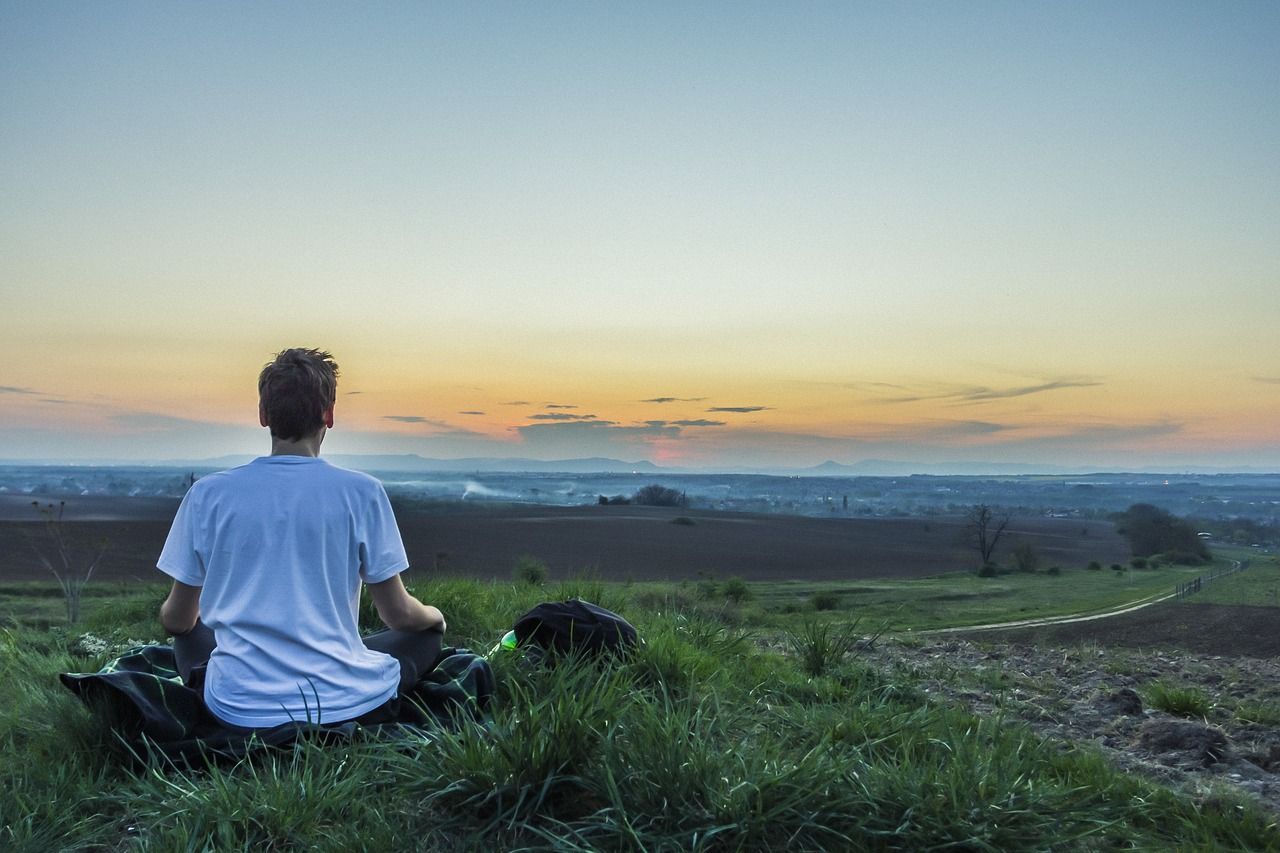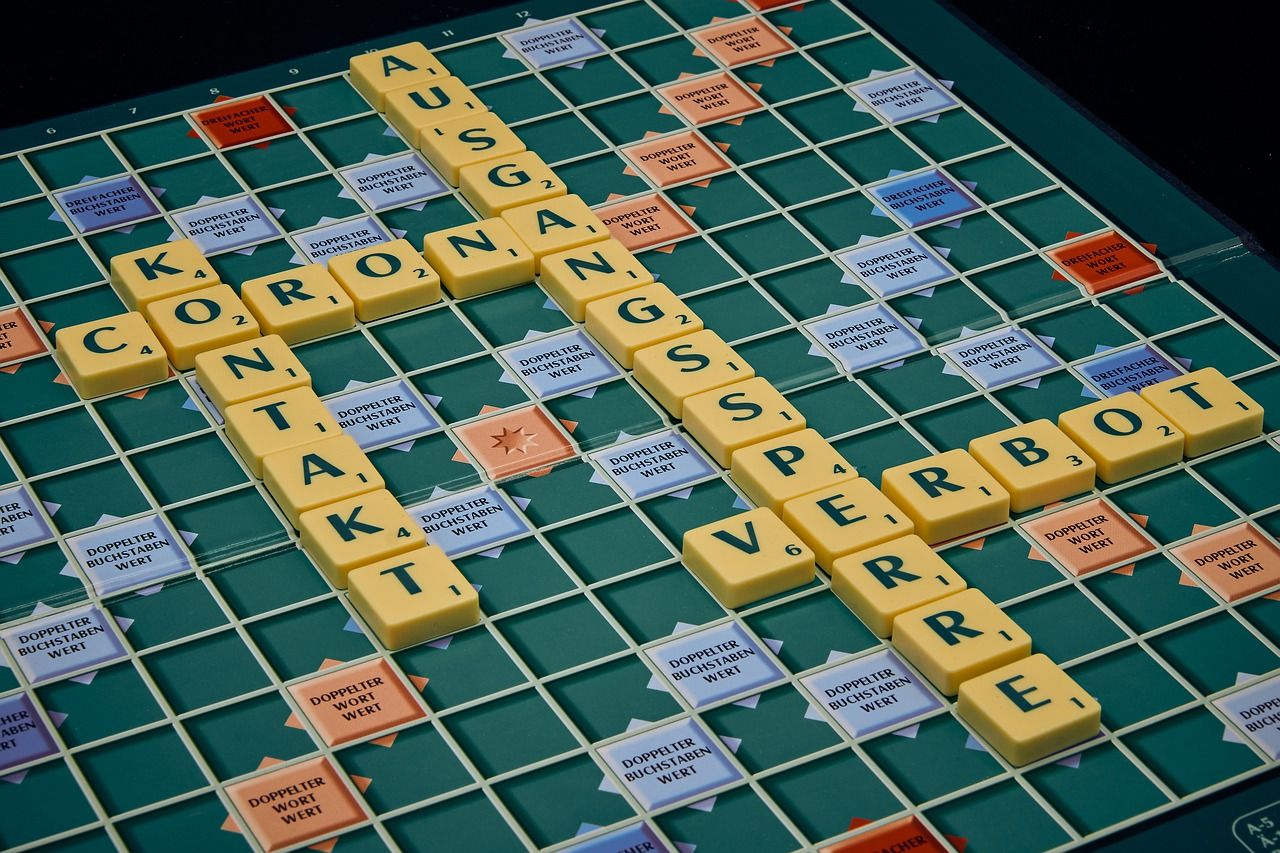I heard someone describe this COVID-19 crisis in an interesting way: With other natural disasters, things generally happen in a big dramatic fashion and are over rather quickly (this isn't to say the aftermath isn't any less devastating), but for this virus and our community, it is the constant doom and dread of what is still yet to come.
We are a society of instants: Instagram, Instacart, instant gratification, Instant Po, etc. This is extremely hard on nearly everyone in this state and community because of the timeline we are having to make drastic changes to our lives. It is COMPLETELY normal to experience some stress related to this change. All changes, either for good or for bad create stress in most people. During this pandemic, while good and conscientious citizens do their best to maintain social distancing, there are still plenty of healthy coping skills we can utilize. Stress usually causes a spike in cortisol and during extreme periods, peaks of epinephrine and glucose and many other hormones are increased in our brains. Our body responds to these changes appropriately (eyes dilate, heart rate increases, breathing rate increases, etc.). One way to manage lower levels of stress is to teach our body how to control these responses.
Mindfulness is an important technique and usually starts with being aware of our breathing. Any breathing exercises, or activities like yoga or stretching, can help us focus on our body's ability to control some of these responses.
More vigorous exercise is also strongly encouraged, as it reminds our body how increase in heart rate and breathing can be a natural and healthy thing for us to experience (It can mimic some symptoms of a panic attack, but allows the person to experience it in a safe and "controlled" setting, thereby helping the person experience a type of exposure therapy.). My own children have found different online dance games, and enjoy the activity--which is fun and also great exercise.
Low impact or high, it remains vitally important for everyone to get forms of exercise in, whether that be through virtual platforms and games, or for actual walks, jogs, biking activities down the driveway or street.
In addition to the physical coping of stress, there are important "intellectual" ways to manage high stress as well. Distraction techniques like listening to a favorite soundtrack, classical music, or reading a favorite old novel can all be enjoyable ways to escape. Playing an old instrument, getting out the drawing paper, pencils and brushes are wonderful ways to put your own current feelings into something you can see and touch. Using all our senses becomes much more doable during these hours of "downtime".
Try to manage your stress during this time with what you can control. Find ways to turn something negative into a positive. Be mindful, move your body, and exercise your mind. These are all ways to manage the negative effects of any change, so be in the moment and take this time to reset.
Dr. Kindrick is the Assistant Medical Director at the Center for Psychiatric Wellness
I heard someone describe this COVID-19 crisis in an interesting way: With other natural disasters, things generally happen in a big dramatic fashion and are over rather quickly (this isn't to say the aftermath isn't any less devastating), but for this virus and our community, it is the constant doom and dread of what is still yet to come.
We are a society of instants: Instagram, Instacart, instant gratification, Instant Po, etc. This is extremely hard on nearly everyone in this state and community because of the timeline we are having to make drastic changes to our lives. It is COMPLETELY normal to experience some stress related to this change. All changes, either for good or for bad create stress in most people. During this pandemic, while good and conscientious citizens do their best to maintain social distancing, there are still plenty of healthy coping skills we can utilize. Stress usually causes a spike in cortisol and during extreme periods, peaks of epinephrine and glucose and many other hormones are increased in our brains. Our body responds to these changes appropriately (eyes dilate, heart rate increases, breathing rate increases, etc.). One way to manage lower levels of stress is to teach our body how to control these responses.
Mindfulness is an important technique and usually starts with being aware of our breathing. Any breathing exercises, or activities like yoga or stretching, can help us focus on our body's ability to control some of these responses.
More vigorous exercise is also strongly encouraged, as it reminds our body how increase in heart rate and breathing can be a natural and healthy thing for us to experience (It can mimic some symptoms of a panic attack, but allows the person to experience it in a safe and "controlled" setting, thereby helping the person experience a type of exposure therapy.). My own children have found different online dance games, and enjoy the activity--which is fun and also great exercise.
Low impact or high, it remains vitally important for everyone to get forms of exercise in, whether that be through virtual platforms and games, or for actual walks, jogs, biking activities down the driveway or street.
In addition to the physical coping of stress, there are important "intellectual" ways to manage high stress as well. Distraction techniques like listening to a favorite soundtrack, classical music, or reading a favorite old novel can all be enjoyable ways to escape. Playing an old instrument, getting out the drawing paper, pencils and brushes are wonderful ways to put your own current feelings into something you can see and touch. Using all our senses becomes much more doable during these hours of "downtime".
Try to manage your stress during this time with what you can control. Find ways to turn something negative into a positive. Be mindful, move your body, and exercise your mind. These are all ways to manage the negative effects of any change, so be in the moment and take this time to reset.
Law in the Time of a Pandemic Part I
And just like that, we came to a halt. Well, many of us. Maybe it’s more like a slow, sputtering, grinding foot-on-the-break stop.This is new territory for those of us on our cell phones, grabbing our lattes from the drive-thru, dashing to the next social event. Everything is evolving. It’s all shifting. With hashtags like “#socialdistancing2020,” “#socialdistanceandchill,” and “#socialdistancingsaveslives,” it’s obvious that what’s trending right now is to stay home and stay safe. How does a law firm still meet the needs of its clients during this time? Your life is in suspension, and so much hangs there in the jello of this time: kids, homes, paychecks, visitation, court dates, etc.
Here’s how we at Kevin Hickey Law partners seek to adjust. We will be open during normal business hours, 8:30-5:00 Monday through Thursday, and from 8:30 to noon on Fridays. We have a dropbox at the front door, for your safety and ours, where you can leave documents--don’t worry, we will retrieve them immediately.
All appointments with clients (the old and the new) will be by phone. Court hearings and trials have been curtailed (a fancy word for “stopped”), but we are still here at the office researching, typing, making phone calls, and preparing in all of those behind-the-scenes ways crucial for a successful case. There are some court hearings deemed essential that will take place. Here are the essential ones:
CIRCUIT COURT
- Arraignments of incarcerated defendants
- Juvenile Court detention hearings
- Dependency Neglect
- Probable Cause hearings
- Ex Parte Orders
- Protective Orders
- Mental Illness Commitments
FORT SMITH DISTRICT COURT
- Arraignments of incarcerated defendants
- Judge O'Hern's Wednesday morning eviction docket, which will be transitioned to hearings by the Zoom program as soon as possible
GREENWOOD DISTRICT COURT
- Arraignments of incarcerated defendants
Thank you for understanding. We know this is an uncertain time for all, especially when so much depends on the outcome of a hearing or a trial. If you need help, please let us know. We’re here. This is new territory, but you aren’t alone.








